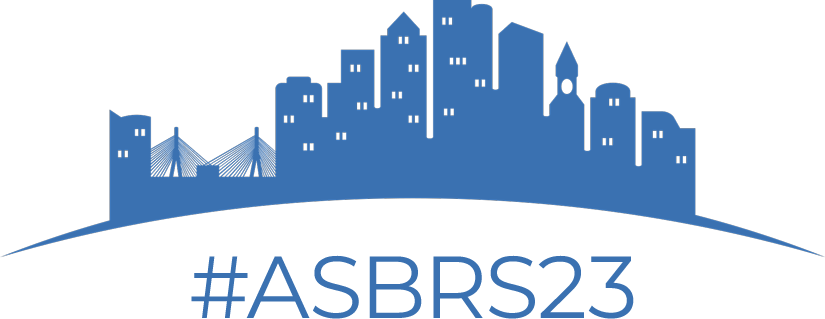View the up-to-date information for the 2025 Annual Meeting.

How to Set Up a Survivorship Program That Fulfills NAPBC Standards
and How to Utilize Integrative Oncology in Breast Cancer Care
7:00 AM–3:30 PM
Course Description:
Survivorship medicine is emerging in response to the growth of cancer survivors who emerge from treatment with a variety of post treatment challenges. This course will present the building blocks necessary to reach accreditation by NAPBC. In addition to didactic presentations there will be incorporation of practical solutions for building a clinically and financially viable program garnering administrative support for both the record of care and the standards of care needed for accreditation. Survivorship is more than a care plan.
Integrative Oncology is evolving concurrently with cutting edge western medical treatment of breast cancer and is an integral component to survivorship. A holistic and comprehensive approach to breast cancer care is essential to treat the whole patient. Understanding how to support breast cancer patients through their entire journey from biopsy through survivorship and Thrivership is essential in creating a state-of-the-art breast cancer program. This course will provide the knowledge and integrative strategies to manage symptoms, decrease the risk of recurrence and improve patients and providers overall well-being.
Course Objectives:
At the conclusion of this course, participants should be able to:
- Participants will understand the components of a survivorship program.
- Communicate the value of post cancer treatment support to care providers and administration.
- Develop several methods for incorporating survivorship care plans for patients that meet accreditation standards
- Innovative ideas to increase patient and provider engagement in on going post treatment recovery and risk reduction
- Alleviating the Fear of recurrence- “the most common unmet need among survivors”
- Understand the strategies and science supporting breast cancer risk reduction and Recurrence reduction
- Develop strategies to reduce symptoms of current therapies with a focus on Lymphedema prevention and early detection
- Understand the science and data on Exercise Oncology and Nutrition
- Can we improve our survival if we integrate certain CIM practices? (Complimentary and Integrative)
CME Information:
Agenda:
| 6:30 AM | Check-in and Breakfast
|
| 7:00 AM | Introduction to Survivorship and Integrative Oncology
Beth DuPree, MD, FACS, ABOIM |
| 7:15 AM | Setting Intention/Centering Meditation
Jodi Hutchinson, PA-C |
| 7:30 AM | NAPBC Survivorship Requirements and Nuanced Differences in Accrediting Your Program, Challenges, and Innovative Solutions
William Scarlett, DO, FACS; Katharine Yao, MD, FACS |
| 8:00 AM | Integrative Oncology in Breast Cancer
Cynthia Aks, DO |
| 8:45 AM | Mitigating Side Effects of Chemotherapy/XRT
Beth DuPree, MD, FACS, ABOIM |
| 9:30 AM | Break
|
| 9:45 AM | Lymphedema Assessment and Treatment
Cheri Raimonde, PT, DPT |
| 10:30 AM | Exercise Oncology
Jay Harness, MD, FACS |
| 11:30 AM | Q&A
|
| 12:00 PM | Lunch
|
| 12:30 PM | Sexual Health After Breast Cancer Treatment
Jennifer Gass, MD, FACS |
| 1:15 PM | Psychosocial Aspects of a Cancer Diagnosis: PTSD, FEAR of Recurrence / Role of Destress Thermometers, Mindfulness Based Stress Reduction / Current Research
William Scarlett, DO, FACS |
| 2:00 PM | Break
|
| 2:15 PM | Food as Medicine – Evidence Based Nutritional Guidance
Jodi Hutchinson, PA-C |
| 3:00 PM | Caring for the Care Giver: “From Surviving to Thriving Preventing Physician Burn Out”
Beth DuPree, MD, FACS, ABOIM |
| 3:30 PM | Adjourn
|


